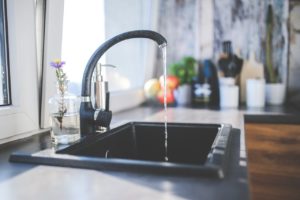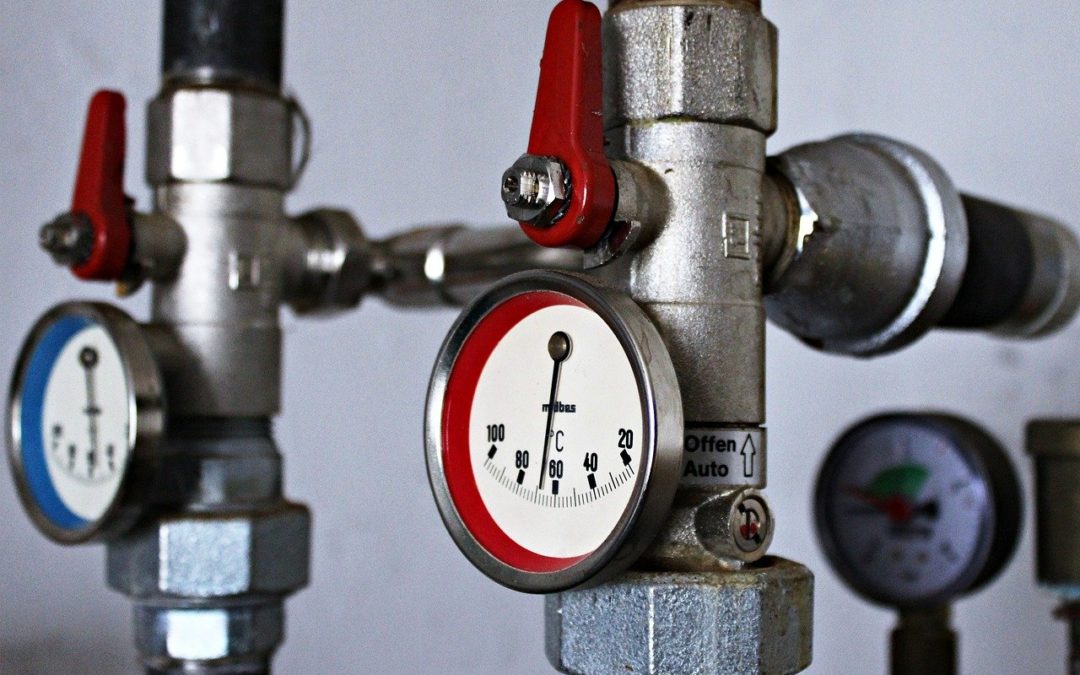There is no denying the importance of water heaters for homes; they are used every day across Toronto and Mississauga where temperatures can drop quickly, making these appliances a necessity for those living here.
However, just like any other appliance, these also stop working and require maintenance every once in a while.
Fortunately, tank-type water heaters are relatively simple products, making it possible to troubleshoot and fix them quickly and effectively. Similarly, hot water tank repair doesn’t require you to spend a fortune either.
Below we’ve detailed some of the most common water heater problems and issues – work your way down the list to spot something that resembles the problems you are experiencing.
Make sure you carry out the necessary due diligence and get an expert opinion from an experienced plumber before investing in a new hot water tank.
1. You Can Hear Rumbling Noises Originating From the Heater
The bangs, pops and clicks originating from your heater can be quite scary, and a common sign that the appliance is experiencing a failure.
Again, sediments that collect around element tubes could be blamed for this development; simply put, when the heater is turned off, these sediments settle down on the heating element.
As soon as it’s turned on and the water starts heating, the sediments crack and pop as the heat makes its way through to the water. The thicker the deposit of sediment, the louder it gets inside your water heater.
If you hear more of a rumbling sound, it’s just the mineral deposits getting stirred by the flow of boiling water within the tank.
The Solution
Heaters that pop or crack can often be fixed by cleaning or replacing the heating element. You can also try cleaning the tank with a de-liming mixture and then flushing it thoroughly with clean water. But if the noise doesn’t subside, chances are that it’s too far gone and on the verge of a costly leak or crack – in this case it might be a good idea to replace it altogether with a new water tank.
2. You Get Cloudy Water From The Hot Water Taps
Water that looks murky or smells funky is a sign of impending water heater failure.
Mineral deposits from a backed-up tank can cloud up the hot water as it flows to your taps – also making it taste and smell metallic.
If ignored for an extended period of time, these minerals can damage the faucets and clog pipes that control the flow of water in your home. If the cloudy water has an orange or reddish hue, the damage has already begun because this is a sign of rusting pipes.
The Solution
A short-term fix is to install a filter at the tap to clean the water flowing through it, but this doesn’t fix the underlying problem that will worsen with time.
It is essential to work with a professional plumber to replace the tanks, pipes and other fittings that have been damaged by corrosion.
3. The Water Isn’t As Hot As It Should Be
Do you get water that’s lukewarm at best? Does it take forever for you to get hot water from the tap?
If your answer’s YES to both the questions, then most probably there is a sediment build-up within your hot water tank that keeps the heating element from doing its work effectively.
Standard water heaters have a 30 to 50-gallon storage tank; heating separates the minerals that settle down at the bottom of the storage tank and accumulate there over time, thus forming a barrier between the water and the burner.

This results in less heat reaching the water – leaving you to deal with the aftermath, i.e. cold showers!
If your tank has to work harder to heat the water, it will fail eventually by leaking or just giving up altogether.
The Solution
An expert plumber with experience in water heater repair for Toronto homes can clean the water tank and make it work like new again.
It is also a good idea to schedule annual flushing as preventative maintenance so your water heater problems would not occur in the first place.
4. You Suspect a Faulty Temperature and Pressure Relief Valve
Can you see the heater’s TPR valve leaking? Or, is the hot water not flowing through the pipe when you test the TPR valve? Chances are that a combination of mineral build-up, salt and rust sediments, and corrosion are causing the valve to fail.
Overlooking these issues can lead to catastrophic damage because a malfunctioning valve will fail to stop boiling water from expanding into steam; in extreme cases, this can cause the heater to explode, resulting in extensive property damage and personal injury.
The Solution
For starters, test the TPR valve – raise and lower the test level so the brass stem moves along with it. If you don’t see water rushing through the pipe or it’s barely a trickle, call in professional help.
A faulty or leaking pressure relief valve will require more than just a valve replacement. The right plumber can ensure that the equipment won’t malfunction and ensure that it doesn’t leak even after prolonged use.
The Last Word
Many water heater problems can be easily fixed with the right help.
If you are experiencing any of the signs mentioned above, your neighbourhood plumbers can repair and replace the faulty parts as well as entire appliances; this will ensure that your family isn’t inconvenienced during the long winters in Toronto, Markham, Mississauga and the greater Toronto area in general.
Our technicians are insured and experienced in all aspects of water heater repair water heater repair in Toronto and surrounding areas. So before you invest in a new hot water tank, contact us or call 416-531-9191 directly.

